SDG Synergies was used to explore which environmental-themed Sustainable Development Goals should be prioritized in Colombia’s development strategies.
In this project, which ran from 2018 to 2019, two separate analyses were carried out, one for the national scale, and one for a single jurisdiction (Antioquia Department). SDG Synergies was used in two workshops, one at the national level to explore interactions between 20 Sustainable Development Goals (SDG) targets, and one in the city of Medellín, capital of Antioquia, looking at 15 targets. Diverse groups of stakeholders and experts, from the UN, government agencies, universities, the private sector, and civil society took part in each of the workshops.
The national analysis identified SDG target 8.4 (Diversification and higher productivity) and target 11.6 (Reduction of the adverse environmental impact of cities) as having the strongest influence on progress towards other targets, making them the most appropriate targets for prioritization. While targets 1.5 (Resilience for the poor) and 15.1 (Conserve inland ecosystems) were the most susceptible to influence from the rest of the agenda.
In contrast, in the Antioquia analysis, the prioritized targets were 2.4 (Increase agricultural productivity) and 12.5 (Reduce waste). Target 2.4 emerged as highly interactive with other targets, being both one of the most influential targets and one of the most susceptible to influence.
The differences between the results of the two analyses highlighted the importance of context in exercises like this, and of communication between developing planning at different levels.
The exercise was part of a joint SEI-UN Environment project on improving coherence in implementation of the environmental dimension of the SDGs. It was supported by Colombia’s National Planning Department, the Ministry of Environment and Sustainable Development, and Antioquia’s departmental government.


